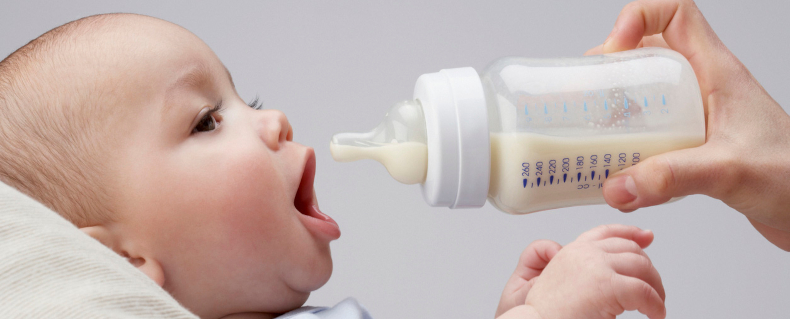
San Francisco and Marin CA
Some medical professionals advise parents to bottle feed their babies to alleviate their child’s tongue-tie symptoms. To make matters worse, it isn’t the best medical advice. When a mother switches to bottle feeding, she avoids the discomfort associated with breastfeeding, like pain, clogged ducts, or milk supply problems. However, her baby still faces problems such as a weak latch, milk leakage, reflux, excessive gas, colic, and delayed eating, which might lead to a decrease in weight gain. So, our Bay Area family dentists that treat tongue and lip ties at Glen Park Dental share on the blog today how the condition may affect bottle feeding for babies and what treatment is available to release the tie and regain full mobility.
The Switch is Not a Guarantee
It’s distressing when mothers come in with their children who have been suffering from a tongue or lip-tie months after birth without being detected, and as a result, the mother has had to stop nursing and has lost her milk supply. Parents may need time to piece together the symptoms, and doctors often aren’t aware of the damage caused by tongue and lip ties. To the parents’ amazement, changing to a bottle did not miraculously make things better. Unfortunately, our Marin family dentists state that this occurs every day, and in most cases, the parents tried five different bottles, but they’re still having trouble. The infant continues to leak milk, is cranky, gassy, colicky, unable to fall asleep, constantly spitting up, has hiccups after each feeding, and seems to be always hungry. Most of the time, it’s a less obvious posterior tongue tie. If it was to the tip, most providers would see it and tell the parents.
A Recent Study
A research study by Dr. Bobby Ghaheri demonstrated in a randomized controlled experiment (RCT) using a unique bottle with a computerized nipple that newborns eat more effectively, are better able to adjust to changes in feeding, and have more rhythmic and coordinated sucking following a correct posterior tongue-tie release. Babies who had their posterior ties freed using a CO2 laser had less spit-up, fewer hiccups, and less fussiness, while mothers reported reduced breast discomfort and more feeding confidence. Our Marin family dentists who treat tongue ties explain that the research findings have crucial implications since they demonstrate that all types of ties, not only the front ones, might be problematic. It also demonstrates that using a bottle will not fix the problem. When a newborn exhibits tongue-tie signs, he or she would probably benefit from a tongue-tie release performed by a trained professional.
From Survive to Thrive
Most parents who notice their child has a tongue tie dismiss the condition since they haven’t seen a correlation between the condition and weight gain. To begin with, the baby may be “OK” but not “thriving” because the mom has a milk oversupply, is continuously feeding him, or is using some other kind of compensation. Instead of settling for “fine” or survival, our family dentists in San Francisco desire optimum health and development for all children. Long-term consequences of a tongue tie include difficulties with communicating, eating solid foods, and sleeping, resulting in growth and development complications or delays.
Tongue Tie Treatments in Marin, Oakland, and San Francisco, California
The posterior tongue tie is a common cause of severe discomfort in breastfeeding mothers. This is quite sad since these are the infants whose mothers are informed their child has “no tongue-tie” because the condition cannot be detected by using a tongue depressor or by a superficial examination of the mouth. Whether you notice any of these issues when breastfeeding or bottle-feeding your baby and you’re worried that there may be a tongue-tie, please give our San Francisco family dentists a call at (415) 585-1500 or contact us online. At Glen Park Dental, we’d be happy to schedule a consultation to see if your baby has a tongue-tie or a lip-tie and provide effective treatment that helps your child grow and flourish in life.


